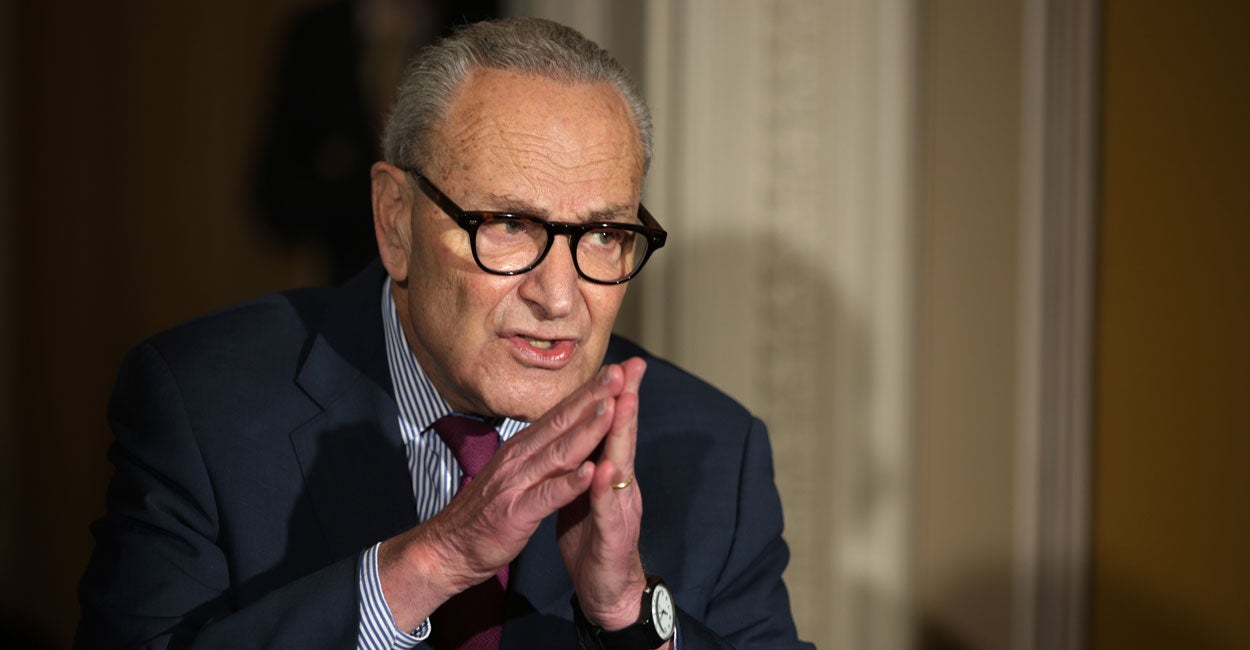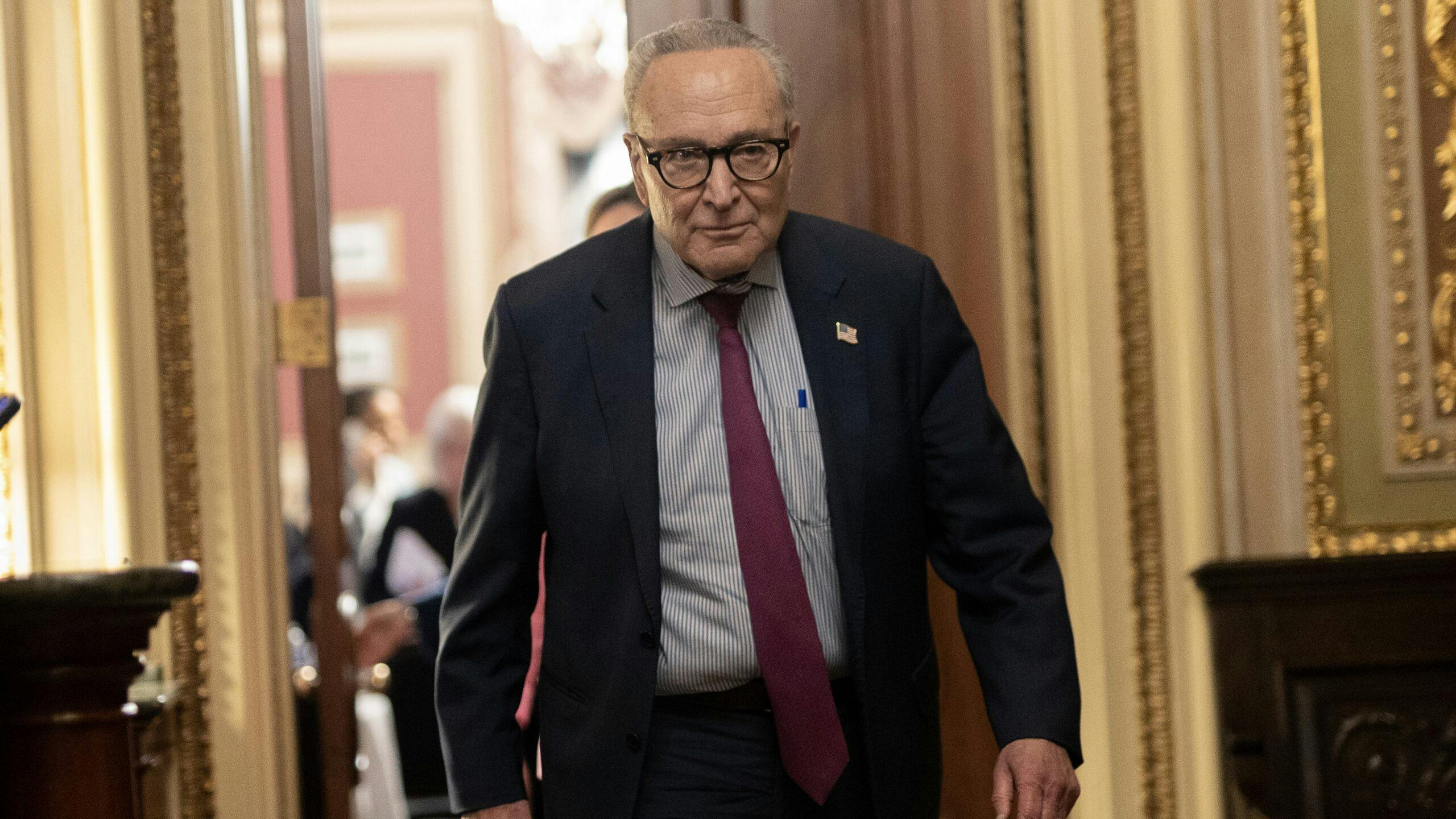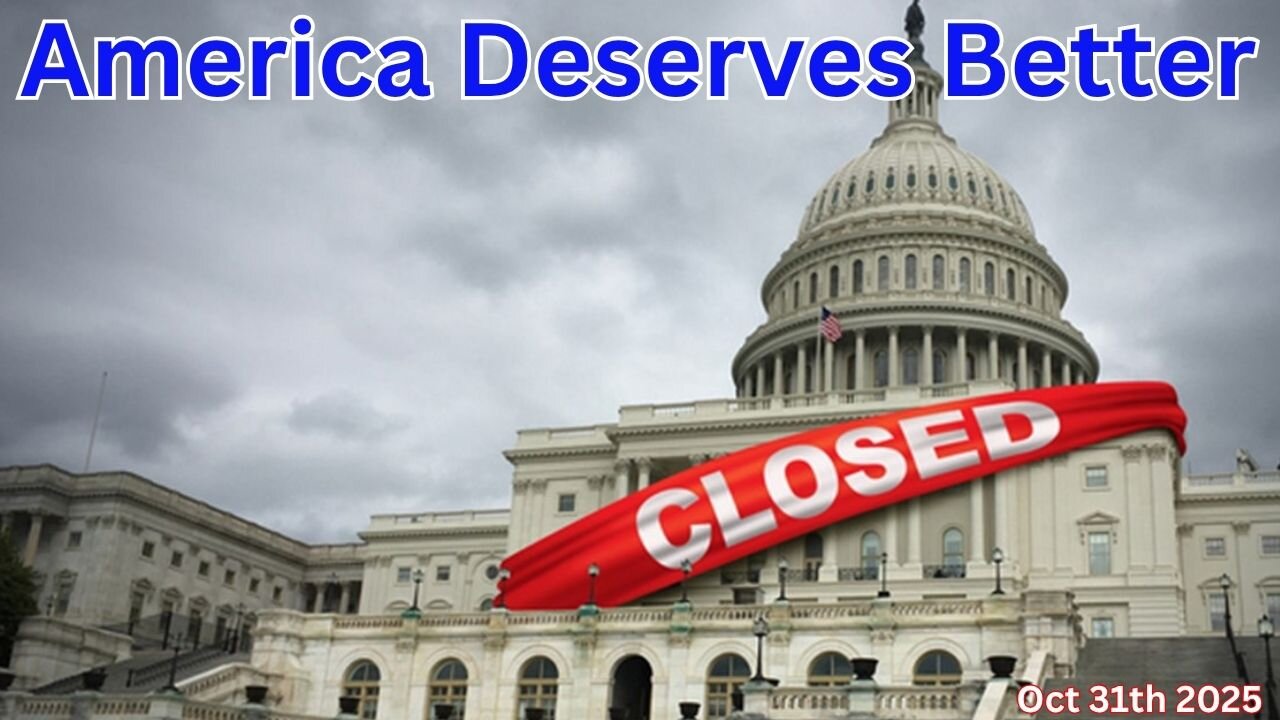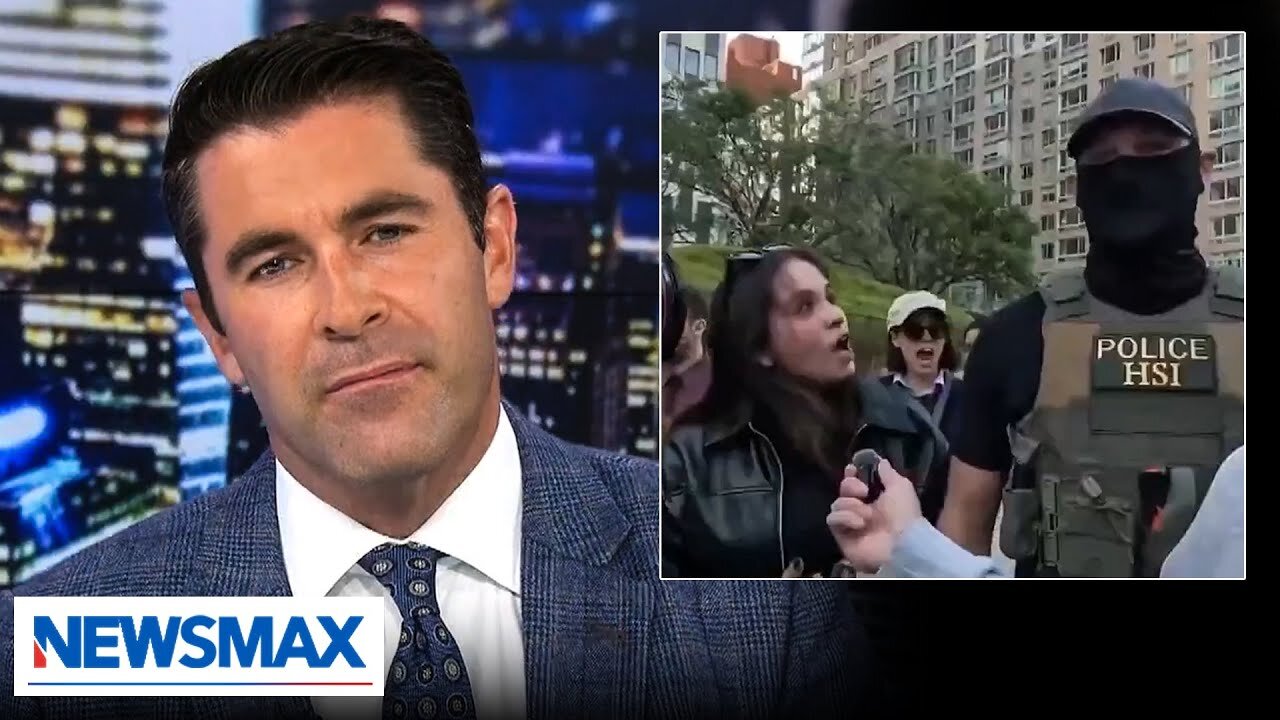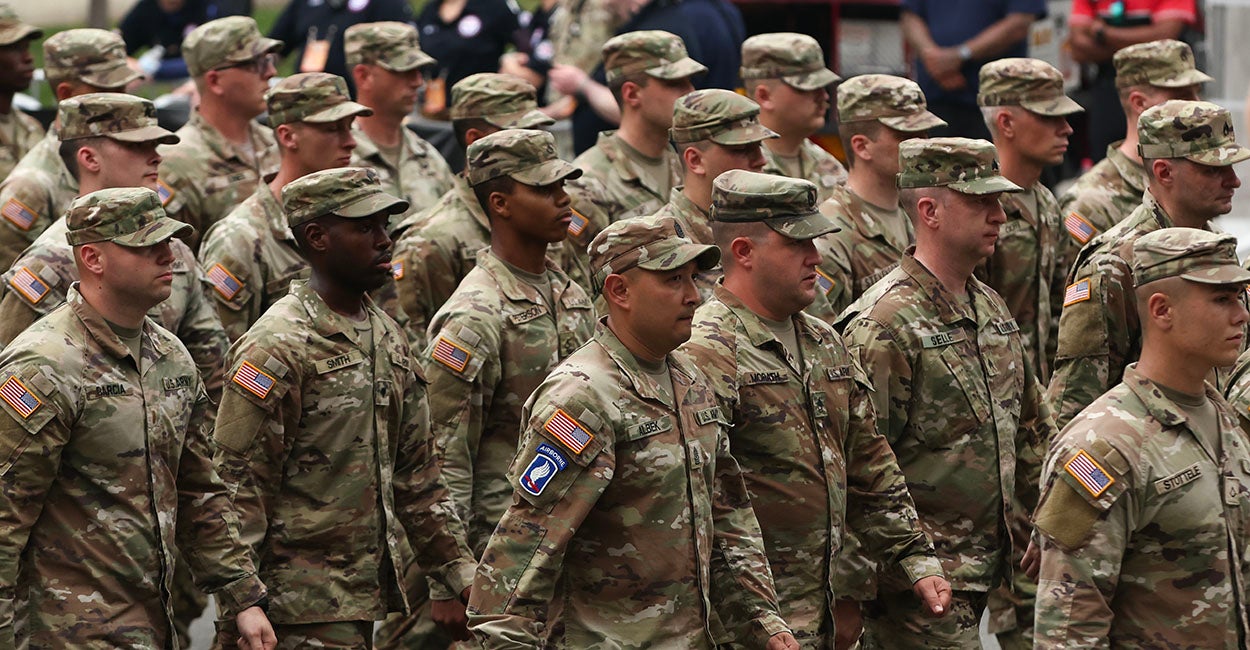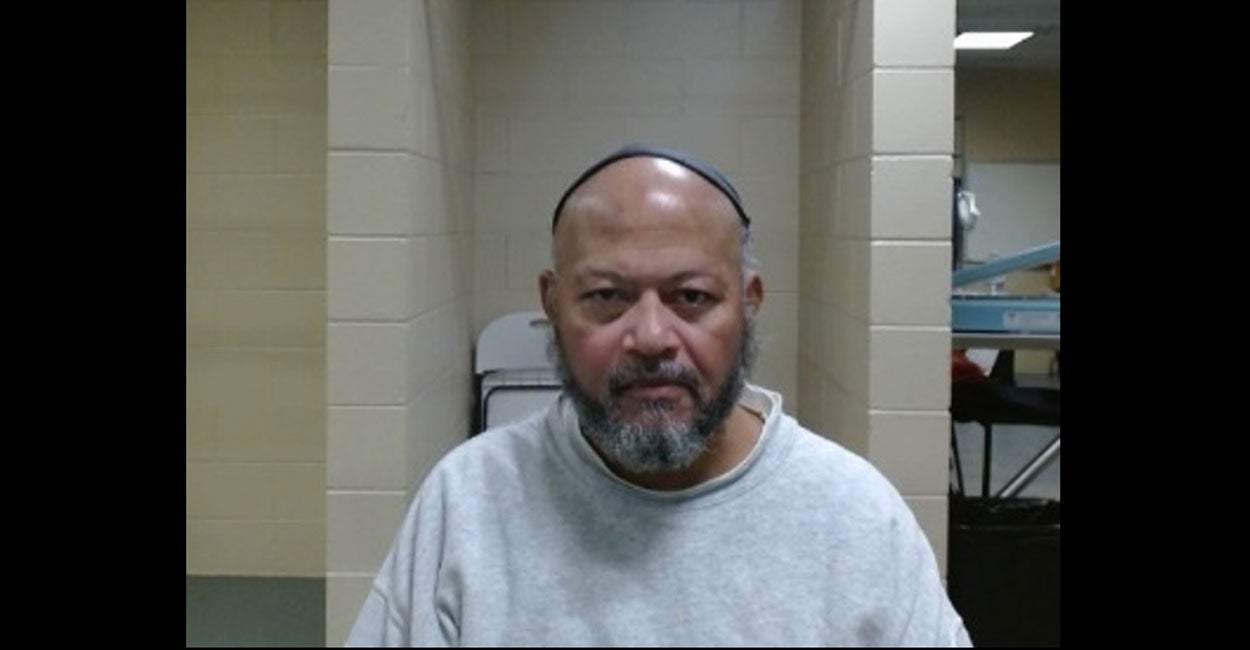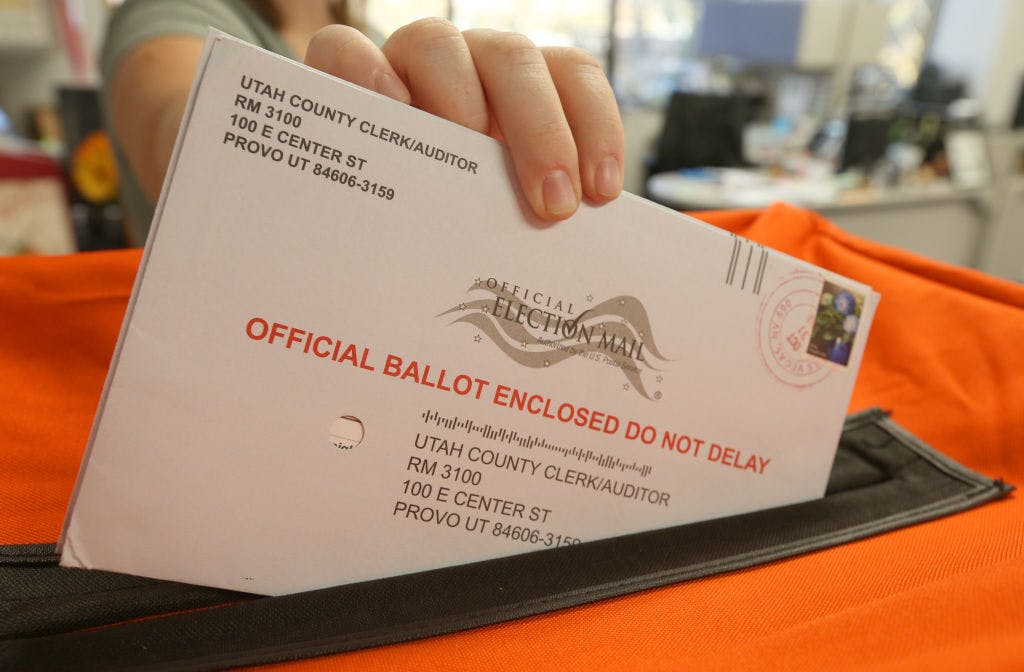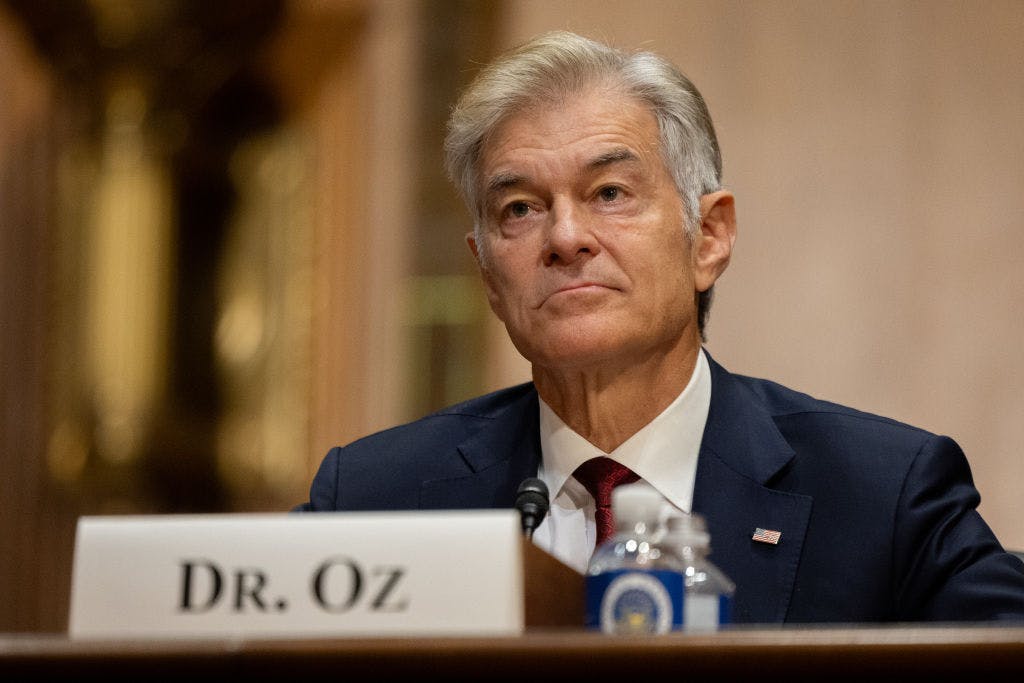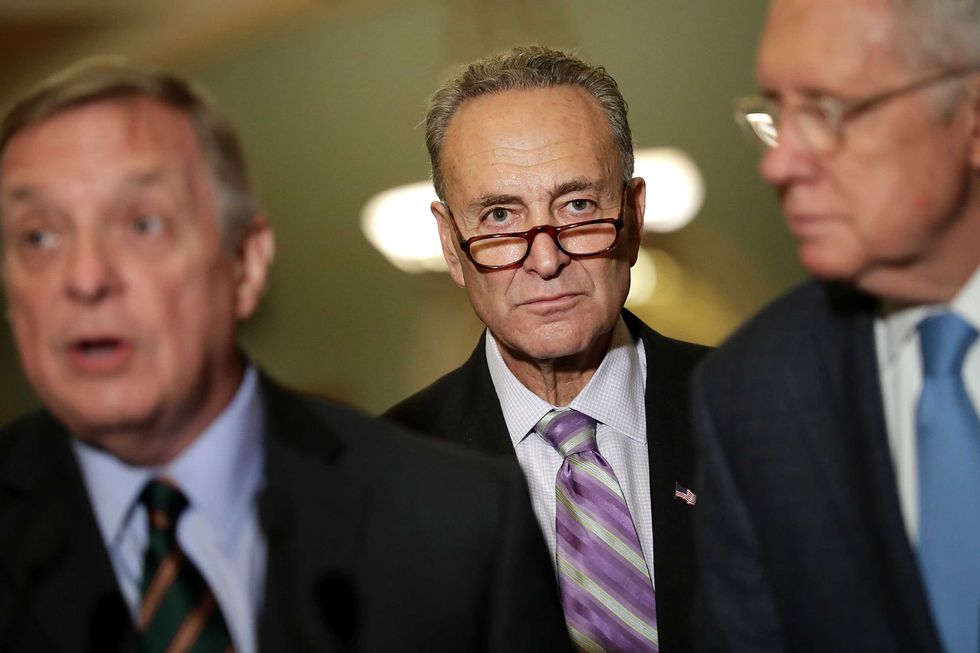DERELICTION OF DUTY: Chief Justice John Roberts Admits It’s His Job to Rein in the Judicial Insurrection—and He’s Not Doing It
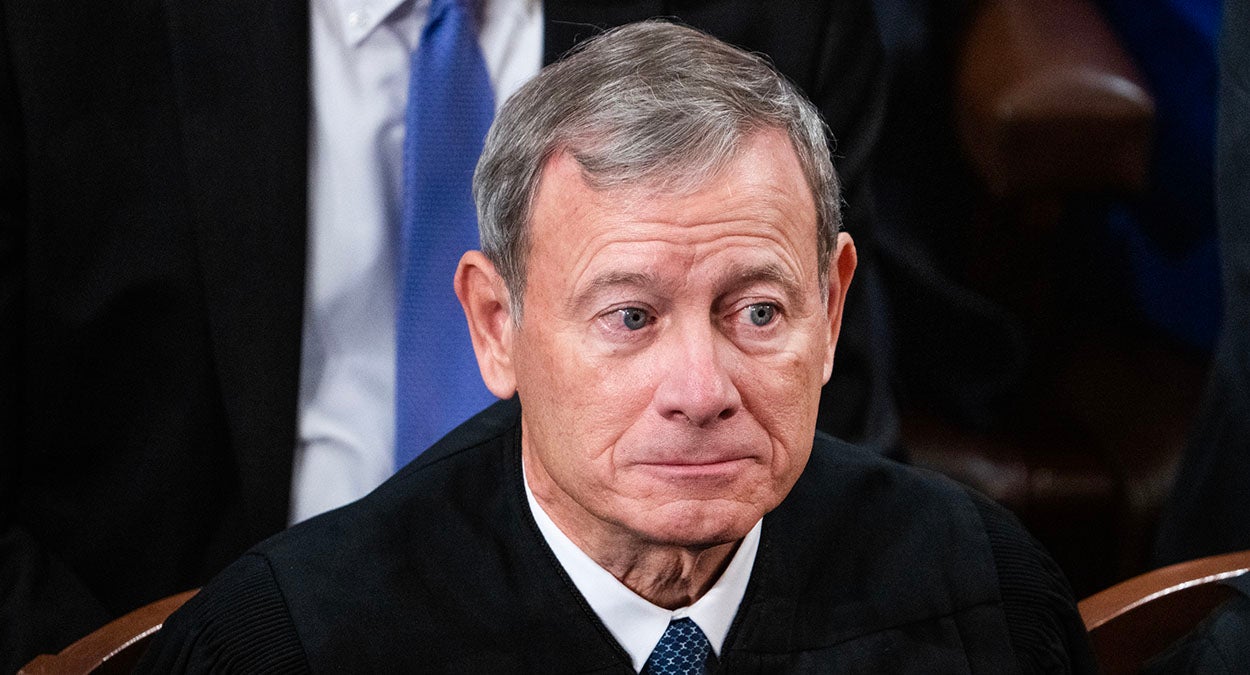
The deep state and its allies have launched a judicial insurrection against President Donald Trump, and Chief Justice John Roberts effectively just admitted he’s not doing his job to stop it.
Roberts made a rare public statement back in March, criticizing Trump and other Republicans who have suggested impeaching judges to prevent them from taking it upon themselves to make national policy through injunctions. Yet Roberts refused to address the underlying issue, and he dodged again in public remarks Wednesday.
“What do you think of these calls for impeachment of judges based on the decisions that they’ve made?” Judge Lawrence Vilardo asked Roberts in an interview in Buffalo, New York.
“Impeachment is not how you register disagreement with decisions,” the chief justice said, repeating the substance of his comments in March.
“That’s what you’re there for,” Vilardo responded.
“That’s what we’re there for,” Roberts agreed.
Again, Roberts overlooked the underlying issue. Republicans aren’t calling for the impeachment of justices because they disagree with one particular decision—they’re exasperated because judge after judge after judge is effectively usurping the president’s authority by issuing so many nationwide injunctions.
The Judicial Insurrection
When woke bureaucrats stared down the barrel of a second Trump term, they strategized about how best to tie the new president’s hands. Public-sector unions made new collective bargaining agreements to protect work-from-home perks. Employees changed their titles to hide “diversity, equity, and inclusion.” Perhaps most importantly, bureaucrats and their allies outside the administration geared up to sue the Trump administration, targeting friendly judges.
Sure enough, the ink was barely dry on the president’s executive orders rooting woke ideology out of the government before public-sector unions (which represent federal bureaucrats) and leftist groups had taken the new administration to court. Many of these groups also hand-picked jurisdictions with judges more likely to give them the injunctions they seek.
According to the Congressional Research Service, judges issued 86 nationwide injunctions against President Trump in his first administration, with 36 of them involving immigration and 10 involving federal funding related to immigration. By contrast, judges issued only 28 nationwide injunctions against Biden. Between Jan. 20 and March 27 of this year, judges issued 17 injunctions—more than half of the number in Biden’s entire term.
Many of the unions and leftist groups filing these lawsuits also staffed and advised the Biden administration, as I expose in my book, “The Woketopus: The Dark Money Cabal Manipulating the Federal Government.” The ACLU, for instance, pushed the Biden administration to open the border, and now the ACLU is filing lawsuits to block Trump’s border policies.
The judges—many of them appointed by Democrats, surprise surprise!—have taken the opportunity to issue “nationwide injunctions.” While temporary injunctions allow a judge to protect one of the parties in a case from harm while the court considers the case, judges have weaponized this power, claiming to protect people across the country who aren’t parties to the suit.
This practice of “judge shopping” enables activist groups to succeed in early stages of litigation before ultimately failing when the case reaches the Supreme Court. This gives judges a chance to carry out a judicial insurrection. It also gives the case the appearance of success, motivating the leftist groups and their supporters, while tying up the government in the meantime—all in pursuit of a vain claim.
The Supreme Court Acts
For instance, judges blocked Trump’s order removing gender ideology from the military and ordered the government to re-hire probationary employees after they had been fired.
The Supreme Court rightly struck down these injunctions, but the judges only handled them on a case-by-case basis.
Judges have blocked the State Department’s move to restructure the U.S. Agency for International Development, ordered the administration to halt its freeze on federal spending, demanded the government restore deleted websites, and more.
This deluge of injunctions calls for a robust response from the nation’s highest court—or, at the very least, direction from the man who heads the entire U.S. judicial system, Chief Justice Roberts.
Trump, Congress Consider Other Solutions
Roberts only got involved after Trump expressed exasperation over the injunctions.
Trump has pledged to comply with the judges’ orders, though he has rightly contested them in court.
He responded angrily to a judge’s order directing him to turn around planes carrying alleged members of the Venezuelan gang Tren de Aragua, however. The president noted that he won the 2024 presidential election in part by promising to oppose illegal immigration.
“I’m just doing what the VOTERS wanted me to do,” Trump wrote. “This judge, like many of the Crooked Judges’ I am forced to appear before, should be IMPEACHED!!!”
Rep. Brandon Gill, R-Texas, introduced articles of impeachment against the judge in question, but Trump and other Republicans have taken efforts to address the systemic issue, as well.
The House Judiciary Committee held a hearing on the injunctions last month.
Sen. Mike Lee, R-Utah, introduced the Restraining Judicial Insurrectionists Act of 2025, establishing a three-judge panel to swiftly review injunctions or other forms of declaratory relief against the president and the executive branch, with a quick appeal process to the Supreme Court.
Lee said the judges “have presumed to run the military, the civil service, foreign aid, and HR departments across the Executive Branch—blatantly unconstitutional overreach.”
Meanwhile, Trump issued a memo in March directing the heads of executive agencies to request that judges follow the Federal Rule of Civil Procedure 65(c), which requires the party requesting an injunction to put up “security in an amount that the court considers proper to pay the costs and damages sustained by any party found to have been wrongfully enjoined or restrained.” Rule 65(c) may not apply to every legal case, however.
John Roberts’ Job
Each of these efforts addresses one aspect of the problem, and Lee’s bill would likely address the issue most effectively. However, there is one person who has authority over the U.S. judiciary and could direct judges to be more circumspect before they issue nationwide injunctions that effectively make policy.
His name is… drumroll please… John Roberts.
When Roberts says reversing lower court mistakes is “what we’re there for,” he’s exactly right. In fact, as head of the judiciary, addressing major nationwide issues like the judicial insurrection is what he’s there for, specifically.
Perhaps, instead of complaining about Trump’s call to impeach judges, Roberts could solve the underlying problem himself by outlining how judges should act when considering temporary injunctions.
If he wants Trump and others to stop talking about impeaching judges, maybe he should step up and address the root problem.
The post DERELICTION OF DUTY: Chief Justice John Roberts Admits It’s His Job to Rein in the Judicial Insurrection—and He’s Not Doing It appeared first on The Daily Signal.
Originally Published at Daily Wire, Daily Signal, or The Blaze
What's Your Reaction?
 Like
0
Like
0
 Dislike
0
Dislike
0
 Love
0
Love
0
 Funny
0
Funny
0
 Angry
0
Angry
0
 Sad
0
Sad
0
 Wow
0
Wow
0

